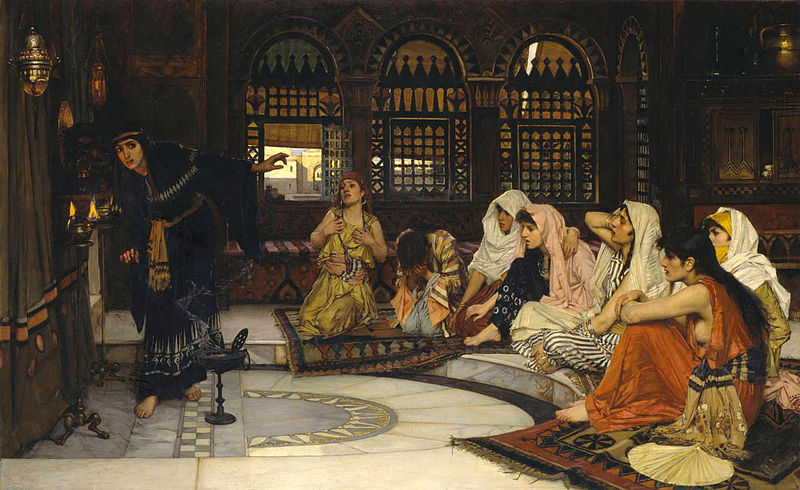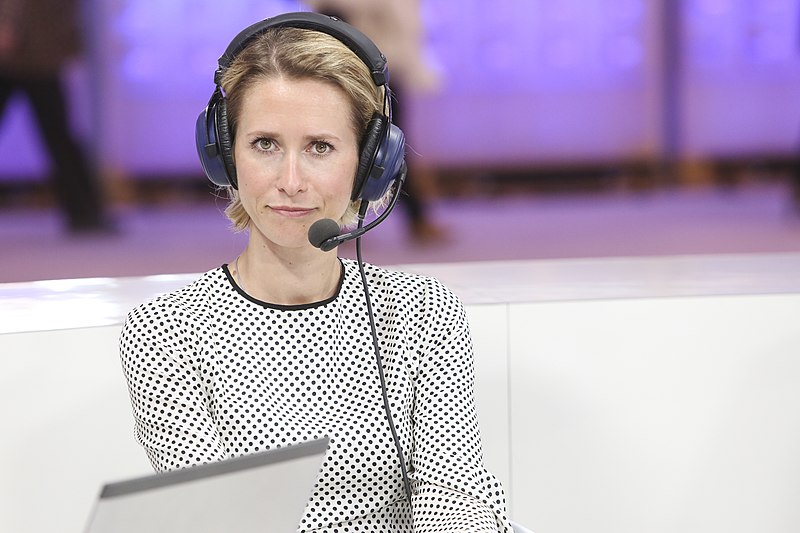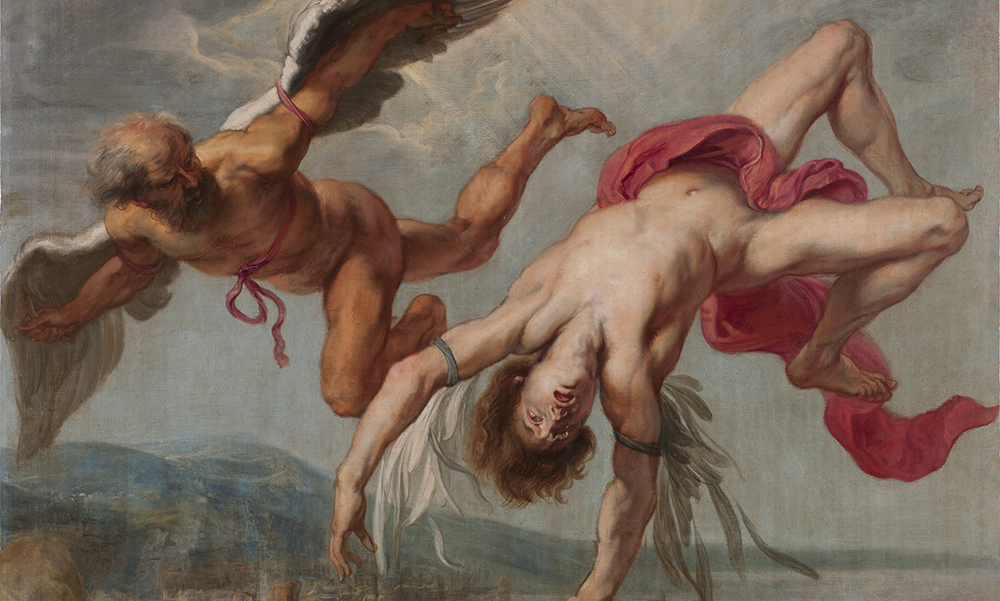
Turmoil in European Parliament: Orbán Forestalls Expulsion from EPP Group
Shortly after the EPP Group in the European Parliament approved an amendment to its Rules of Procedure, which paved the way for Viktor Orbán’s Fidesz party to be suspended from its ranks, the Hungarian PM announced that his party’s MEPs will leave the Group of the Christian Democrats.











